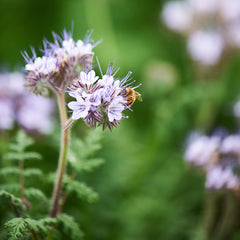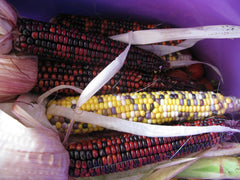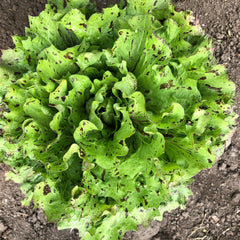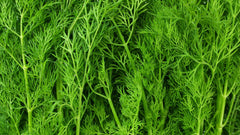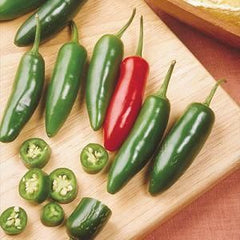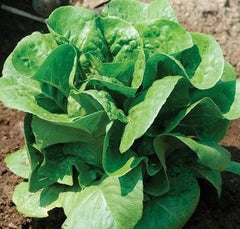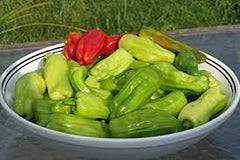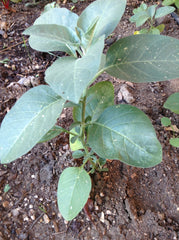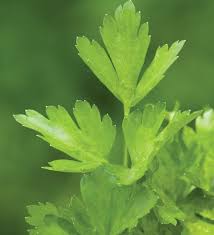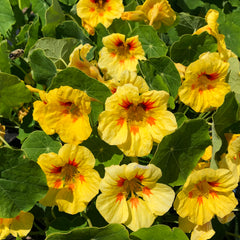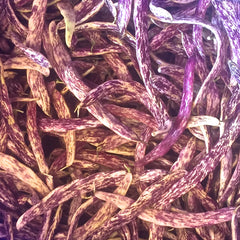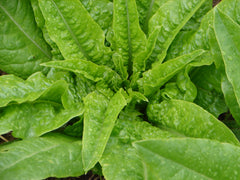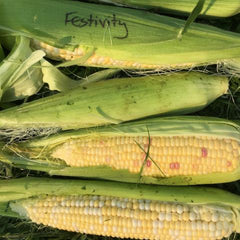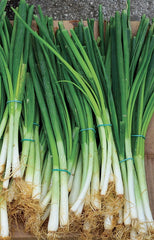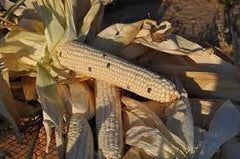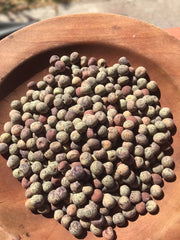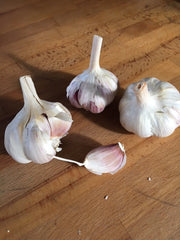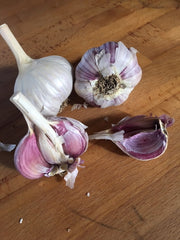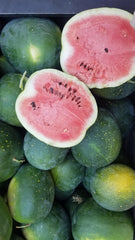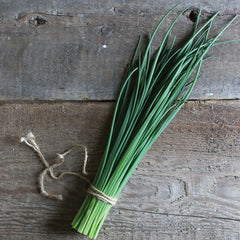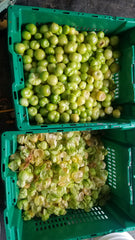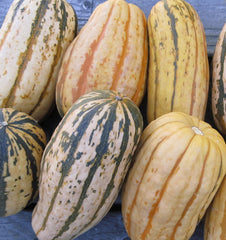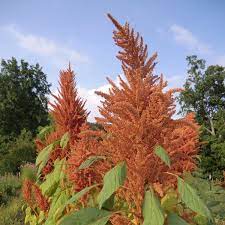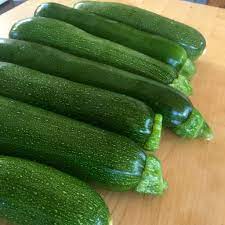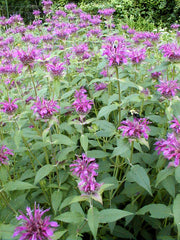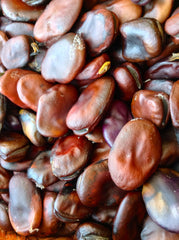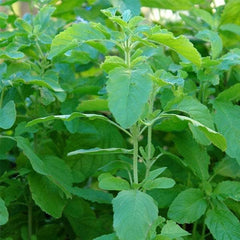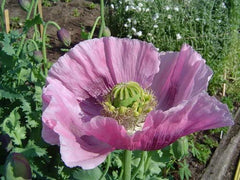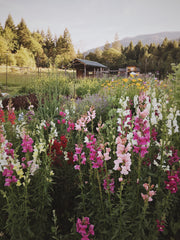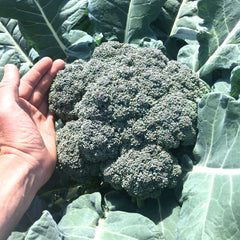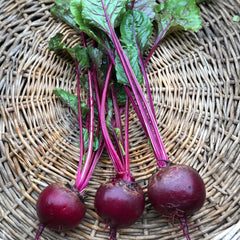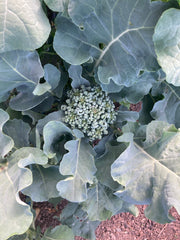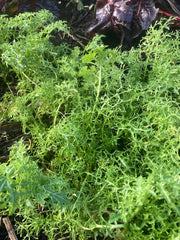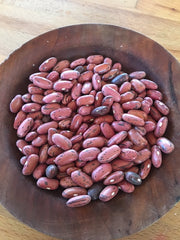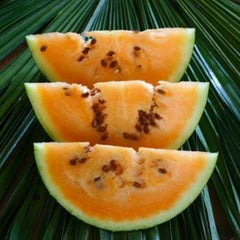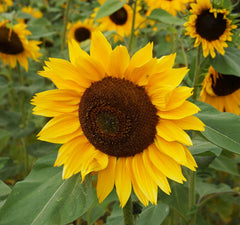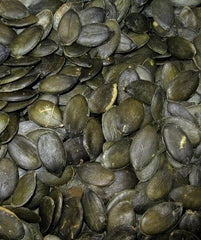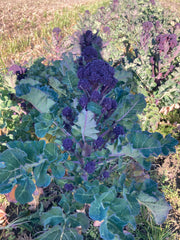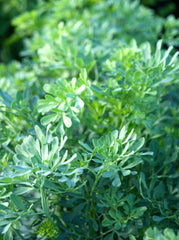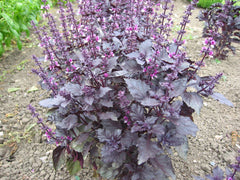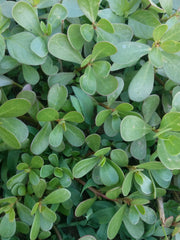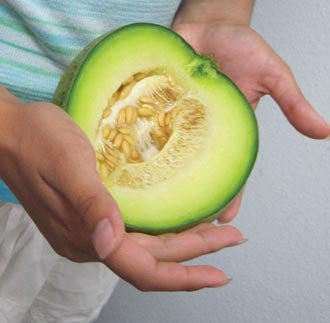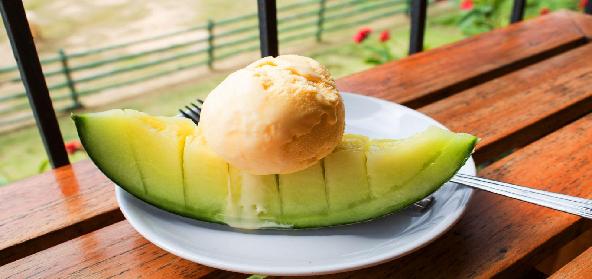Ice Cream
Cucumis melo
HOW TO GROW MELON
Start indoors 3–4 weeks before last frost, plant out 2 weeks after last frost. Direct sow 1-2 weeks after last frost date. Sow in rows or thin to 12" apart 2-3 plants per hill. Melons are heat lovers, and require warm springs and warm nights. In cooler climates, use plastic mulch to increase the soil and air temperature. Using floating row covers also helps. Heavy feeder, thrive in well-decayed organic matter or compost. Moist well-drained soil is important in early stages of pollination. After fruit set, do not water unless the soil is very dry and leaves begin to wilt. Best flavor produced in dry weather. Fruit is mature when fruit turns color and slips from the vine. Soil pH 6-7.5. Hardiness zones 4. Annual.
Days from maturity calculated from the date of seeding. Average 1,260 seeds per ounce. Average 15M seeds per acre. Federal germination standard: 75%. Usual seed life: 5 years. Isolation distance for seed saving: 1/2 mile.
Planting Depth 1/4-1/2”
Soil Temp. Germ. 70-85˚F
Days to Germ. 3-10
Plant Spacing 18”
Row Spacing 5-6’
Days To Maturity 80
Full Sun, Moist Well Drained
Days from maturity calculated from the date of seeding. Average 1,260 seeds per ounce. Average 15M seeds per acre. Federal germination standard: 75%. Usual seed life: 5 years. Isolation distance for seed saving: 1/2 mile.
Planting Depth 1/4-1/2”
Soil Temp. Germ. 70-85˚F
Days to Germ. 3-10
Plant Spacing 18”
Row Spacing 5-6’
Days To Maturity 80
Full Sun, Moist Well Drained
- 30 Seeds$4.10
- 300 Seeds$12.50
This muskmelon has 2 lb sweet fruits that make a perfect bowl for summer ice cream. Also known as “Green Machine” for the impressive and productive melons the plants make. The vines are compact, and melons slip off the vine when ripe. This is a cross between ‘Kansas’ and ‘Jenny Lind’ melons, bred by Merlyn Niedens. ...
This muskmelon has 2 lb sweet fruits that make a perfect bowl for summer ice cream. Also known as “Green Machine” for the impressive and productive melons the plants make. The vines are compact, and melons slip off the vine when ripe. This is a cross between ‘Kansas’ and ‘Jenny Lind’ melons, bred by Merlyn Niedens. Tags: Type: Muskmelon, Season: Summer.
Learn More
Meet Your Farmer
We promote fair trade, organic practices and environmental responsibility throughout the Restoration Seeds supply chain. Below are the family farmers and seed suppliers who bring our open pollinated seeds to you.
Feral Farm
Certified Organic by CCOF
Seed grower since 2015
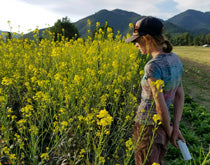

I started growing seed commercially as an apprentice at the Organic Farm School in the Puget Sound in Washington. I already loved growing vegetables, but taking a plant all the way through its life cycle felt like a special kind of honor, and I quickly saw the value in sustaining organic, important, and rare plant varieties and participating in sustainable food systems in this way. I moved to Oregon in 2015 and have been growing my organic seed farming business over the last four seasons by renting land from existing farms and slowly taking on higher volumes and more varieties. I’m currently growing 1.6 acres of certified organic seed crops and heirloom garlic.
Reviews
